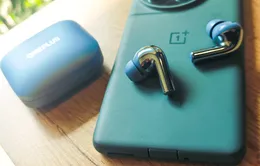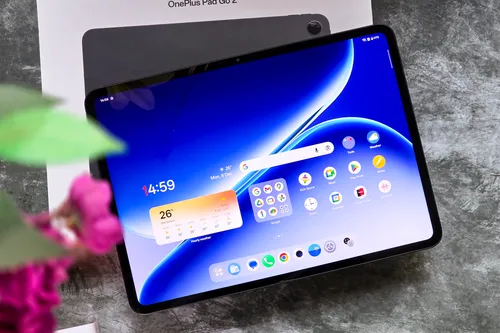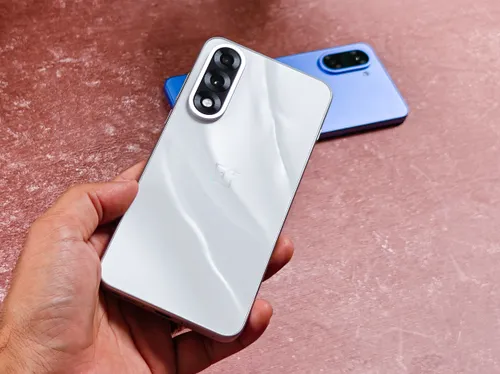
For the love of God, give some 3D porn to yearning Apple Vision Pro buyers!
Innocent folks that spent $3,500 on Apple's headset are losing their shit cuz they can't watch 3D masturbatory stuff on the Vision Pro.

OnePlus Buds 3 Review: Terrific earbuds won’t leave you moanin’ & bitchin’ for more
OnePlus Buds 3 shoot high for sonic nirvana without bruising your wallet. These are darn good earbuds, especially if you already have a OnePlus phone in your pocket.

Okay. Hold up. Some science-mad lad just created an AI baby?
This AI baby is technically at the same intelligence level as a three or four year old human baby. The scary part is that it is self-learning, in the same fashion that a real baby learns from the directions given by its human parents.

Arc Search is the anti-browser that should totally be your web browser
Ever wished for a web browser that would simply give you an answer, instead of a list of URLs? Arch Search is your redemption. If "just answer my damn question" was ever manifested, this app is what you get.

Amazon is so desperate, it put an AI in the mobile app to make you buy stuff
"Just buy dat damn ting," says the AI inside the search bar of a global shopping app owned by Jeff "Baldy McMuscle" Bezos.
Google Search could be smothering your creativity
A Carnegie Mellon University study reveals starting your brainstorming process with Google can be detrimental to the group's creativity.
Teams relying much on search engines often produced inundatingly same, less original ideas due to a cognitive bias called "fixation effect," where seeing popular answers converges our thought process instead of diverging it.

While individuals weren't necessarily dumber with Google, groups of Google users seemed to get stuck in a rut, often coming up with the same common ideas, sometimes even in the same order! Talk about a copy-and-paste creativity crisis.
"This appears to be due to the fact that Google users came up with the same common answers, often in the same order, as they relied on Google, while non-Google users came up with more distinct answers," explained lead author Danny Oppenheimer.
EDITORS' PICKS



